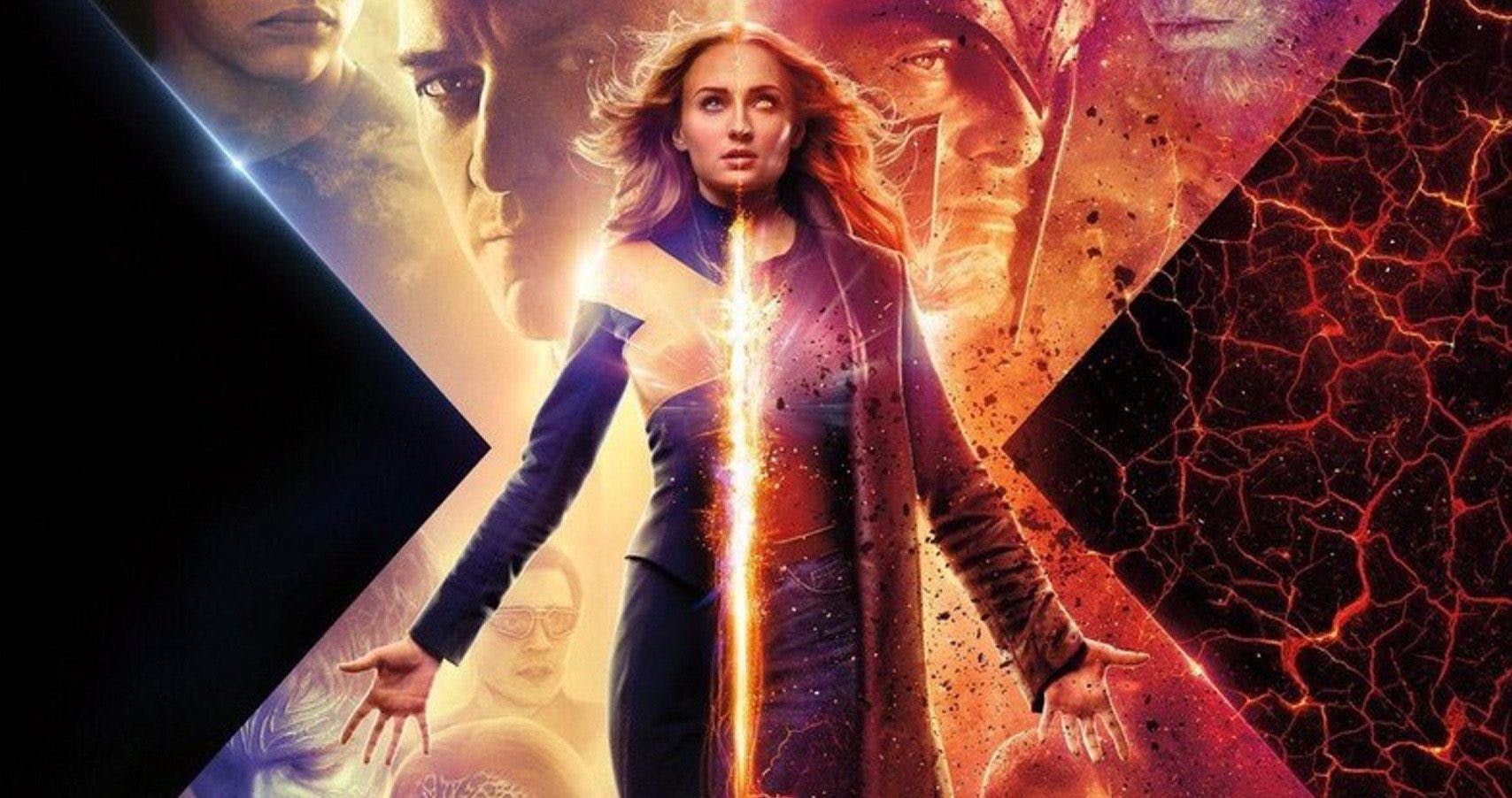2019 has been the best year for Hollywood and the worst year for Hollywood. For some, the time represents a triumph, a landmark era that broke box office records and established new standards for big-budget filmmaking. For many others, though, it was a dismal moviegoing season, as sequel after remake after reboot aggressively and humiliatingly flopped. Franchises like Terminator, X-Men, and Men in Black, which were all at one time sure-fire hits, all returned to theaters with a financial whimper. And the attempts to revisit Charlie's Angels and Hellboy were similarly met with diminishing returns. Even movies that didn't outright flop, such as Pokemon: Detective Pikachu and Godzilla: King of the Monsters, still underperformed. It seems as if 2019 proved that paving a film with a popular property doesn't mean it can become the road to box office riches anymore, despite the success stories of the year.
The reason for Hollywood's misfortunes, however, is more complicated than chalking the phenomenon up to "franchise fatigue." Avengers: Endgame, the culmination of eleven years of franchise development and universe-building, is now the highest-grossing movie in history. Likewise, the other Marvel movies that were released this year, Captain Marvel and Spider-Man: Far From Home, made off with a healthy profit. Joker, meanwhile, became the highest-grossing R-rated movie in the world and the most profitable comic book movie ever when accounting for the budget. In addition, Disney found that producing live-action adaptations of its beloved animated stories is worth the special effects costs. The Lion King and Aladdin were both massive hits, though poor Dumbo didn't fare nearly as well. Toy Story 4 and Frozen 2, both entries in major animated franchises, were also highly lucrative. Clearly, audiences aren't totally burned out on sequels.
Box office failure is thus a problem that must be examined on an individual level. The nature of Hollywood business dictates that big studios must follow a particular trend in order to reap profits. Marvel made it seem as if audiences wanted a shared world through interconnected films, but so far other attempts at this format have only proven that Marvel has the only cinematic universe people were consistently looking to experience. In a broader sense, not every superhero or comic book movie is guaranteed success, despite the genre's cultural dominance. What makes Avengers a rousing victory is not necessarily applicable to the X-Men universe, and even though Joker's R-rating may have contributed to its prestige, Hellboy fell backward when it followed the same route.
Nostalgia was also a key factor in determining a film's performance in 2019. Aladdin, The Lion King, and Toy Story 4 all heavily relied on past appeal, especially to millennials. However, when other franchises tried to follow the same route, they encountered nothing but disinterest and disappointment. Terminator was perhaps too attached to an older fanbase that had already checked out of the franchise's continuingly convoluted storyline. Studios may have misjudged the popularity of Charlie's Angels, which was based on a property from the 1970s and the early 2000s that audiences had long forgotten. Men in Black: International is perhaps the most confounding failure, as the previous installment was the most successful entry in the series and was at least released this decade. However, the film proved to be too little, too soon, whether it was the change of leading actors or simply apathy toward restarting a finished trilogy that doomed its release.
Critics' responses played a crucial role in determining which films survived the brutal competition, too. For the most part, the busts were both financial and critical bombs. Reviews ranged from unenthusiastic to downright awful. In contrast, Joker gained awards buzz, Toy Story 4 was hailed as a worthy successor to a perfect trilogy, and the Marvel movies continued their fresh streak on Rotten Tomatoes.
Furthermore, the average moviegoer was not actively talking about the failures of 2019, except in the context of their negative reviews. People were confused about the timeline of Terminator: Dark Fate, the recasting of Hellboy and Men in Black, and the sheer relevancy of Charlie's Angels. They also stopped being invested in Dark Phoenix once they heard the X-Men would eventually reappear within the MCU. On the other hand, word of mouth greatly aided the more successful movies, especially Joker, which was surrounded by political controversy that served to only strengthen its box office performance. Critics may have called The Lion King "soulless," but audiences had already made up their mind as soon as they started talking about how cute Baby Simba looked.
So far then, it looks as if the lackluster performance of 2019's tentpole blockbusters can be attributed to a specific array of factors. These films bombed because audiences lacked an emotional attachment to their characters and stories, because critics gave them negative reviews, and because they were unable to enter the cultural conversation beyond their status as financial embarrassments.
It is also possible that the successful movies made so much money that they sucked a portion of the moviegoing crowd from attending other screenings. Streaming services have made a dizzying, almost overwhelming amount of content available for public consumption, so audiences are pickier with what they choose to spend their hard-earned money on at the cinemas. They make sure to pick the best-reviewed or the most beloved properties they know will provide them with the highest quality entertainment. This trend explains the slightly underperforming movies, as well, since they were released in close proximity to the box office kings.
The truth is that every year at the movies brings a handful of flops. There were plenty of movies this year that made even less money than the ones discussed here, such as The Goldfinch, Serenity, and The Kitchen. The difference is that these films were not based on previously successful cinematic properties. As streaming becomes a more intimidating rival, and as more big-budget licensed content is greenlit, the gamble for Hollywood producers becomes riskier and riskier. Who knows? The newest project could end up as the next Avengers. Or it could crash and burn like Dark Phoenix, tragically never to rise from the ashes. Film geeks will have to wait until the next decade to see which direction, exactly, show biz will travel.



